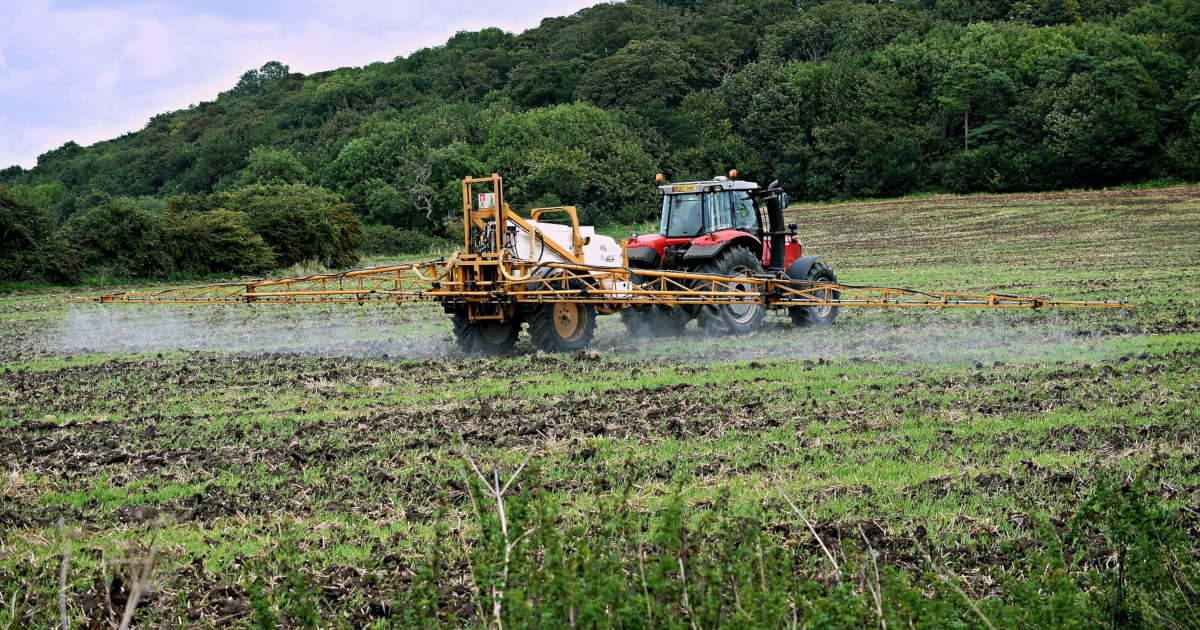
Global Hunger Fight Means No Biofuel
Food supplies have shifted rapidly from surplus to shortage, and the United Nations has again warned about the heightened risks of world hunger. Since the time of the Pharaohs, governments have intervened to balance food supplies. But right now, those policies are making things worse.
April 1, 2023 | Source: Reuters | by Henry Boucher
Food supplies have shifted rapidly from surplus to shortage, and the United Nations has again warned about the heightened risks of world hunger. Since the time of the Pharaohs, governments have intervened to balance food supplies. But right now, those policies are making things worse.
With shipping disrupted in the Black Sea, wheat exports from Russia and Ukraine, respectively the first and fifth largest producers, continue to be severely curtailed. Yet while war has intensified food inflation, the hunger crisis has been building for longer, accelerated by climate change and Covid-19. The pressures extend beyond Black Sea supplies, with food security crises brewing in South America, Asia and Africa.
Since 2019, the U.N. Food and Agriculture Organization’s Food Price Index has risen by 58% to an all-time high, and prices of wheat and maize have doubled. The number of people facing acute food insecurity has more than doubled over this period, according to the World Food Programme, and 44 million people in 38 countries are at risk of famine.
